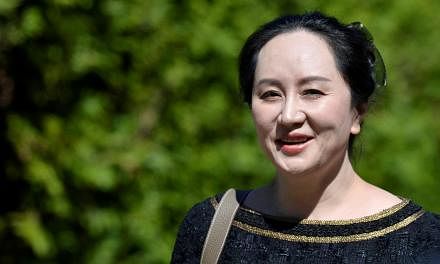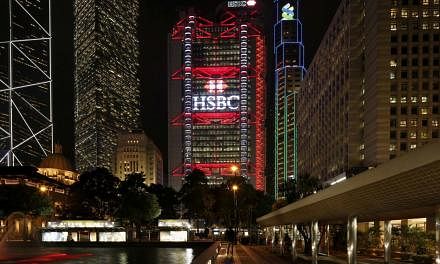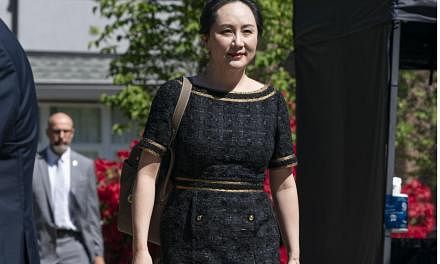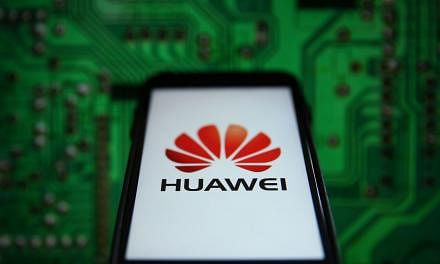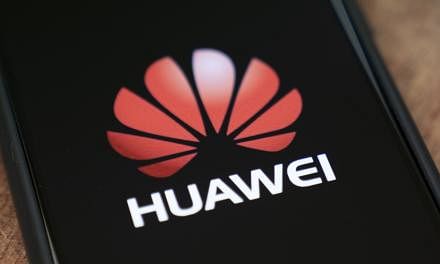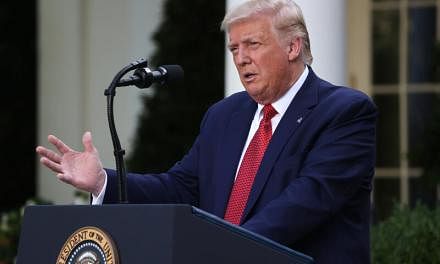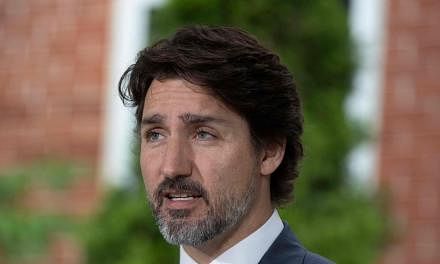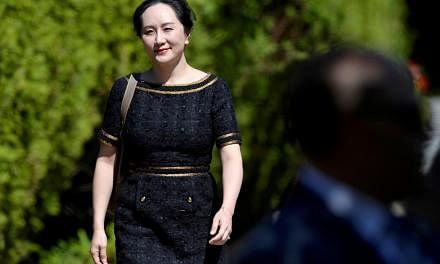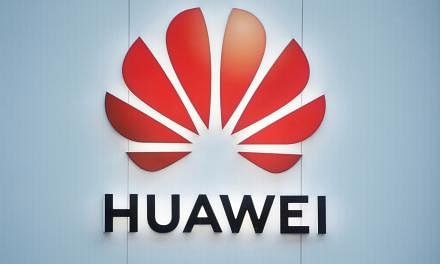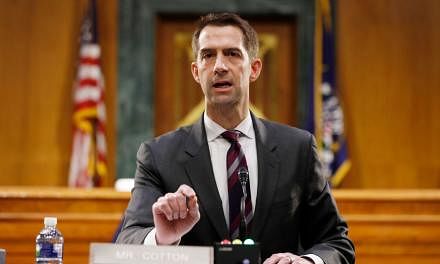WASHINGTON (NYTIMES) - The Trump administration will soon issue licences allowing some US companies to supply non-sensitive goods to Chinese telecoms giant Huawei, according to people familiar with the matter, a step that could cool tensions between the United States and China as trade talks resume this week.
In a meeting last week, US President Donald Trump gave the green-light to begin approving the licences, which will allow a select few American companies to bypass a ban his administration placed on Huawei this year.
In May, the Trump administration placed Huawei and dozens of its affiliates on the entity list, citing national security concerns. That move blocked Huawei from buying parts and obtaining technology updates from companies like Google and Micron without seeking approval from the US government.
The ban has not technically gone into effect.
The administration issued a temporary reprieve to allow Huawei's suppliers and users of its products more time to find alternate arrangements. But the designation has been a significant source of tension between the US and China, which considers Huawei central to its ambitions for building the next generation of wireless networks, known as 5G.
The Trump administration originally said that it would approve licences to continue selling to Huawei after Mr Trump met Chinese President Xi Jinping in Osaka, Japan, in June. But no licences have since been issued, raising speculation that the administration was withholding them as leverage in trade talks.
A spokesman from the Commerce Department, which is responsible for the licences, said in an e-mail that "as of right this moment, the status quo holds".
The administration's decision to allow licences could help smooth the path to a trade deal. Negotiators from the United States and China are meeting in Washington this week for their 13th round of trade talks, and officials are trying to agree on terms that would address Mr Trump's criticisms of China's economic practices but still be acceptable to Beijing.
Mr Trump has threatened to raise tariffs on US$250 billion (S$345 billion) worth of Chinese goods this month and to impose another slew of tariffs in December if Beijing does not agree to concessions that Washington has been demanding.
But some in the Trump administration have been eager to avoid further tariff increases and are pushing for a more limited agreement, which would end a trade war that has dragged on for more than a year.
It is not clear whether the President would agree to a limited pact or whether such a deal can be struck.
China has continued to resist many of the administration's demands to make more transformative changes to the way it runs its economy. The two countries have been on the cusp of an agreement before, only to have the arrangement fall apart.
Approving licences that allow US companies to supply so-called general merchandise to Huawei is likely to be seen as a gesture of goodwill, though its practical effects may be limited.
Despite the ban, many US companies have continued supplying goods to Huawei by finding ways to avoid labelling goods as American-made and channelling more goods produced outside the US to the company.
In an earnings call in June, the chief executive of US chipmaker Micron, Mr Sanjay Mehrotra, said the company had briefly stopped shipments to Huawei, but then resumed sales after it reviewed the entity list rules and "determined that we could lawfully resume" shipping a subset of products.

